About donor Michael Schatzlein
Michael Schatzlein earned a B.S. in Biological Sciences from IU in 1971. He received his M.D. from the IU School of Medicine in 1974 and did a Surgical Residency there in 1975. Dr. Schatzlein is President and CEO of St. Thomas Health Services in Nashville, Tennessee. Prior to that, he was CEO of Lutheran Health Network in Ft. Wayne, Indiana. In 2010, he was named a Sagamore of the Wabash in honor of the thirty years he spent meeting the healthcare needs of northeastern Indiana.
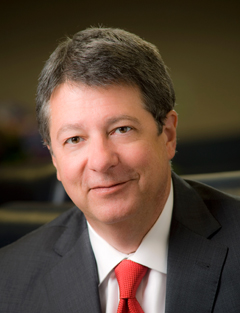
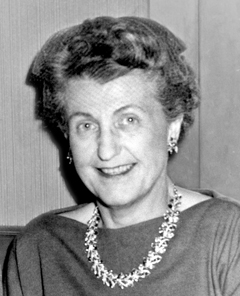
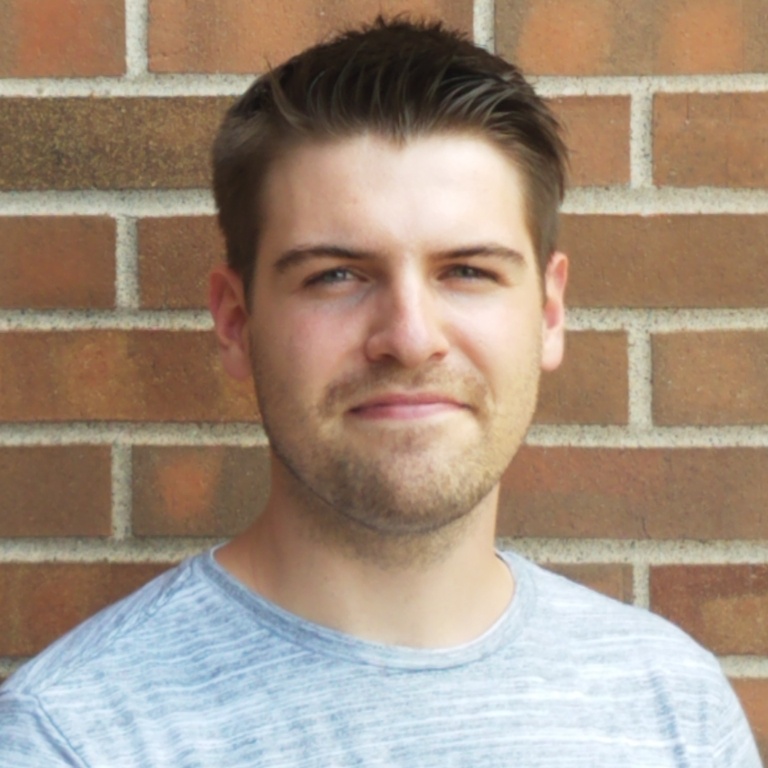
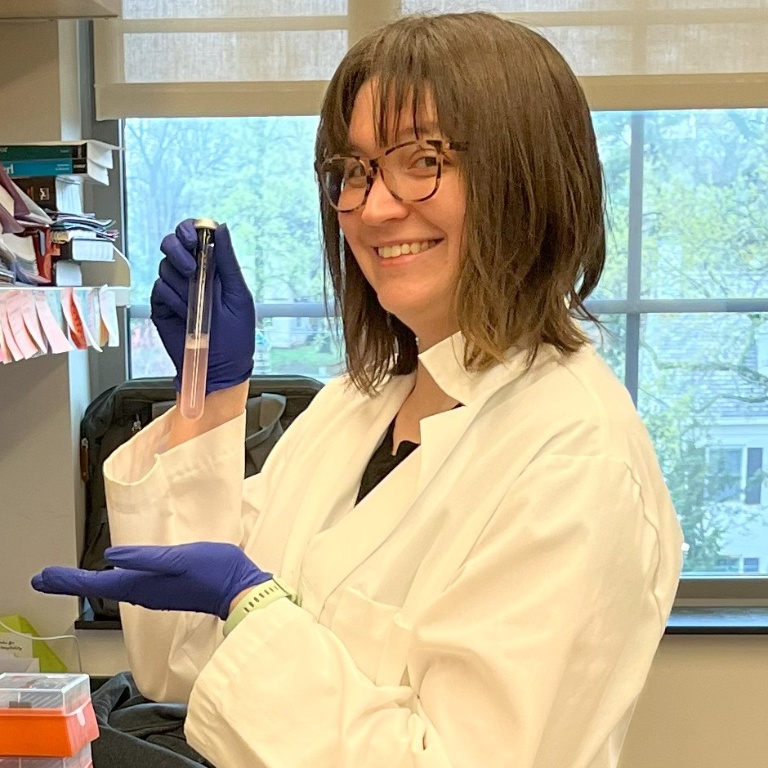
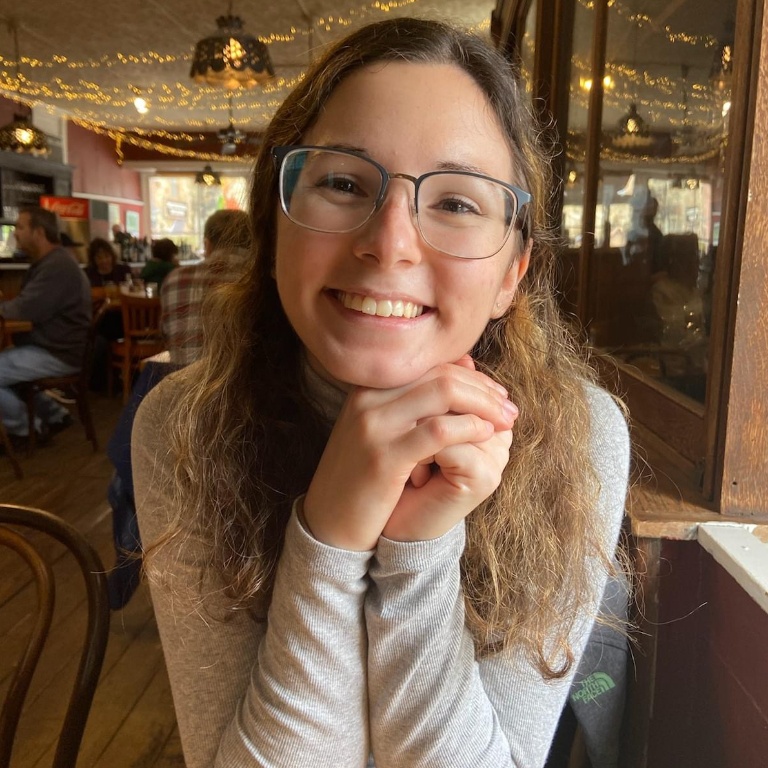
 The College of Arts
The College of Arts